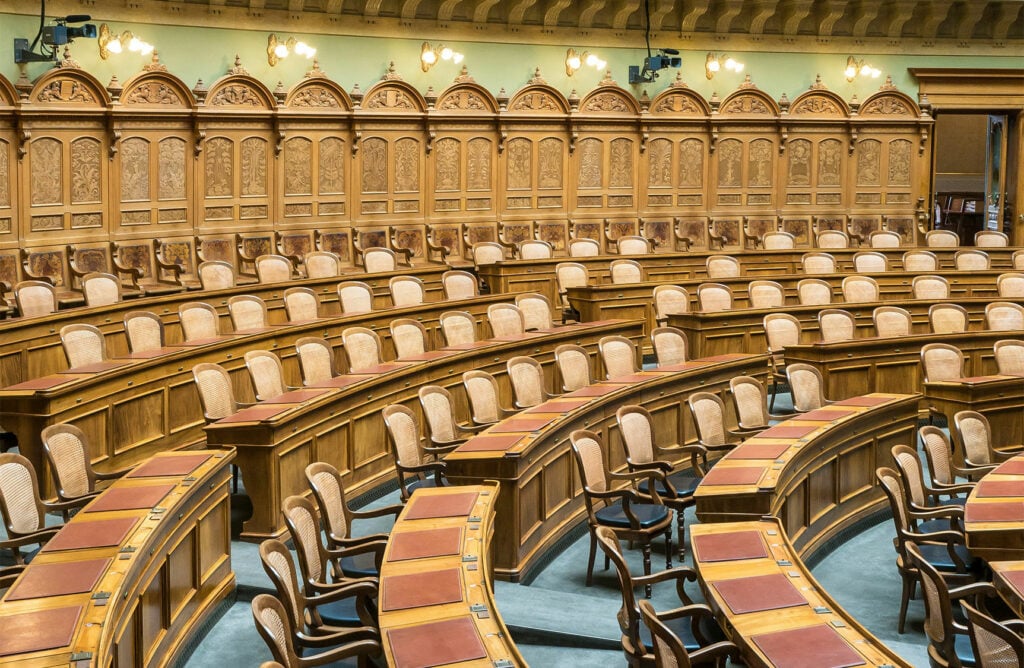Foreign Influence Registration Laws and Civil Society
An Analysis and Responses
Updated: January 2025 (originally published April 2024)
Across the world, governments have increasingly adopted laws that create foreign influence registries, frequently in the name of transparency. However, many governments have used these laws, often written with overbroad and vague provisions, to burden, stigmatize, and criminalize civil society. While some historic democracies have adopted foreign influence registration laws in the name of safeguarding against external influence, other governments have used them to curtail civic space.
For instance, Russia’s 2012 foreign agents law was used to discredit nonprofits by labeling them as “foreign agents,” leading many to shut down or lose funding. Similarly, Nicaragua’s government deregistered over 150 organizations in 2022 using its foreign agents law, which was part of a broader crackdown on civil society. Concerns have also been raised about how proposed legislation in Georgia, El Salvador, Republika Srpska, and elsewhere could be used to target nonprofits and activists.
This report develops a typology of salient features of foreign influence registration laws to assess their potential impact on civil society and to help compare and contrast these laws across countries. It then shares key recommendations for substantive arguments against overbroad foreign influence registration laws and potential response strategies.
Sign up for our newsletters
Sign up
